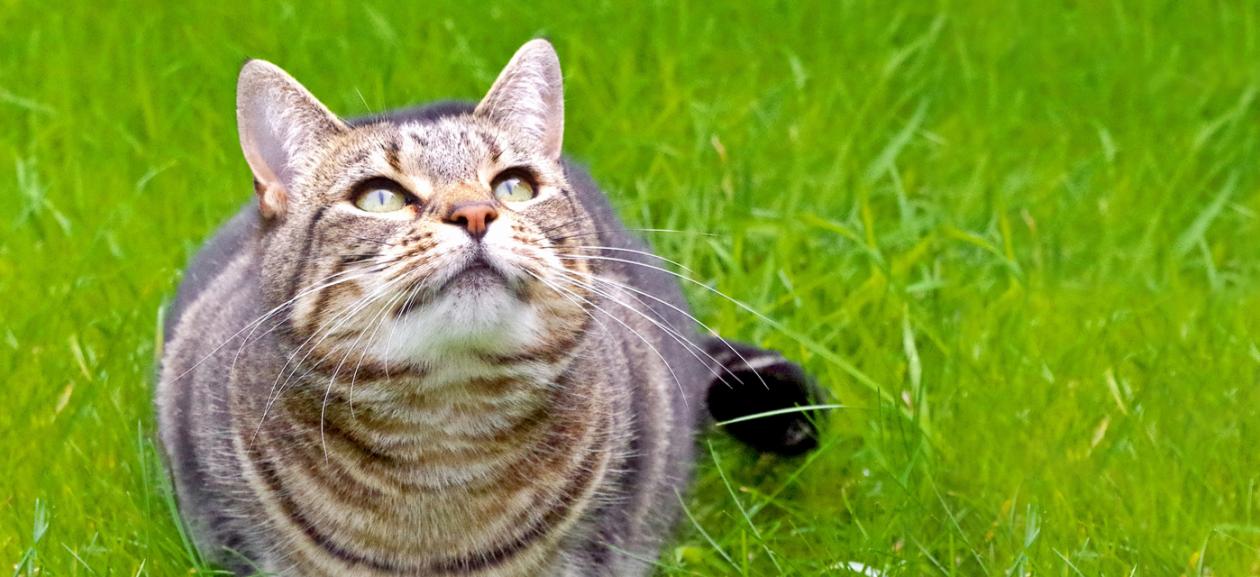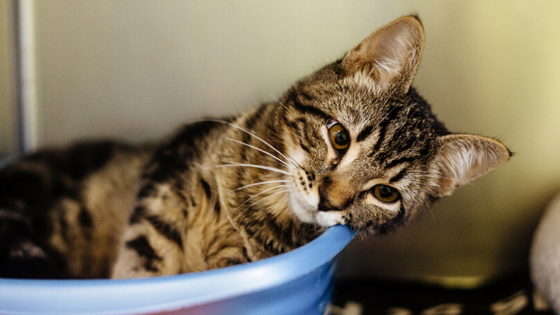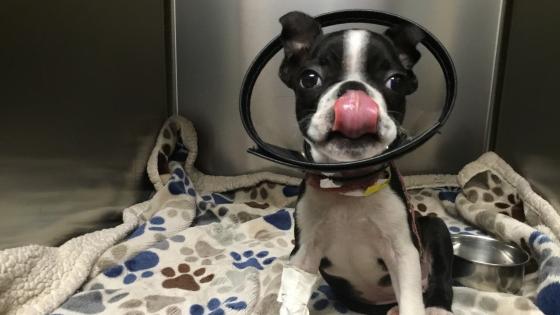
Nine Ways for Pet Owners to ‘Go Green’
Are you concerned with the health and well-being of your community and the environment? So are we! As an organization who has earned the Gold Certification from Sustainability at Work from City of Portland’s Bureau of Planning and Sustainability, DoveLewis cares about the environment. We’ve come up with some tips to reduce your carbon paw print and practice sustainable pet ownership. Here are nine ways to be more earth-friendly as a pet owner while benefiting the health of animals, your local community and the planet!
“Choosing eco-friendly pet products can make a lasting impact on your companion animal’s long term well-being and health,” says DoveLewis critical care specialist, Ladan Mohammed-Zadeh. “It’s also beneficial for the environment, and can ensure that more animals live happy lives in good homes.”
- Check ingredients on pet food – Some brands include additives and preservatives including pesticides, hormones, antibiotics, and artificial ingredients. They may also use reconstituted animal products which are deemed unfit for human consumption. Consider products with simpler ingredient lists and eco-conscious business practices.
- Use eco-friendly litter and poop bags – Kitty litter often contains toxins as well as mined minerals. Buy litter made from recycled and natural materials that are gentle on your cat as well as the environment. Also, choose biodegradable poop bags to avoid preserving your doggy’s poo in a landfill and leaching plastic toxins into the soil.
- Recycle – Make sure to recycle empty food containers and pet supplies per your local regulations. When purchasing packaged items, check to see if they are recyclable and buy accordingly.
- Donate – Do you have extra pet accessories or old towels that you want to get rid of? Call your local animal shelter and see if they need any donations and will accept these items.
- Adopt from a shelter – If you’re looking to add an animal to your family, check with your local animal shelter. There are countless animals who could benefit from the care and attention of a good home.
- Buy eco-friendly accessories – Look for pet toys and accessories made from recycled materials or sustainable, organic fibers. Hemp collars and leashes are a great alternative to conventional materials, and pet beds made of organic cotton make a heavenly haven for your animal companions.
- Spay or neuter – Fixing your pets can reduce the number of unexpected kitty or puppy litters and the problems associated with overpopulation like fur-baby homelessness.
- Use green pet-care products – Choose cleaning and grooming products that use non-toxic, biodegradable ingredients to reduce pollution and treat your pets with care. Look for the same in clean-up products to minimize toxins in your household and the environment.
- Make your own treats – Making your own pet snacks from a home recipe is easy and nutritious. Plus you’ll know exactly what goes into the food, and you won’t add packaging to the local landfill.
Recent Posts
Spring Pet Safety Tips
With spring in the air, pet owners should be aware of potential seasonal hazards. While you enjoy the longer, warmer days, keep these tips in mind!
Be Aware of these Common Pet Toxins
March is National Pet Poison Prevention Month and as a hospital that encounters many cases of toxicity in household pets, we want you to be in the know to prevent future ER visits. Review the following household and outdoor toxins to steer your pets clear of ingesting them.



